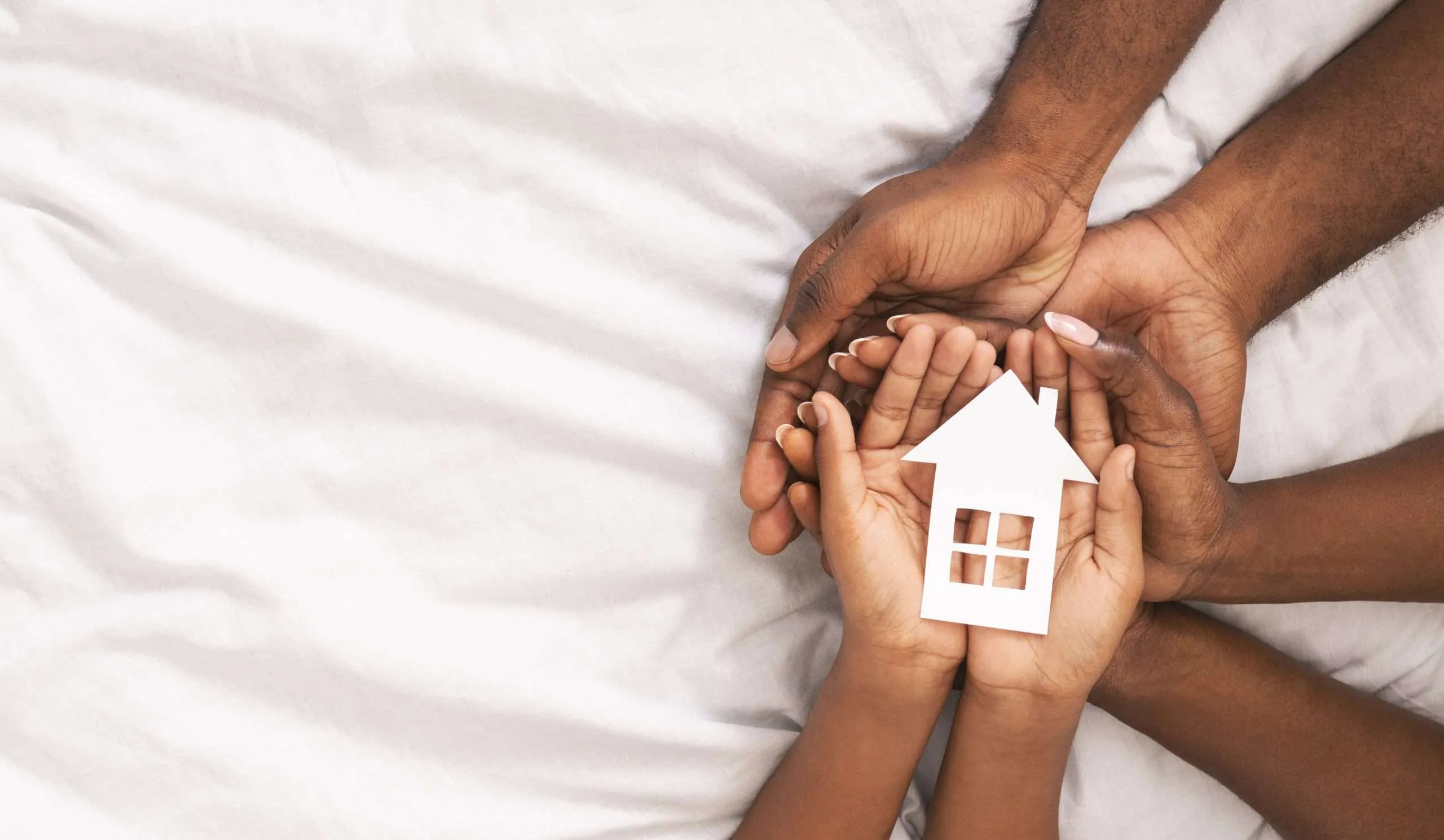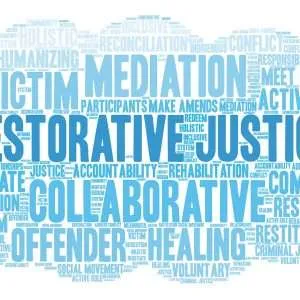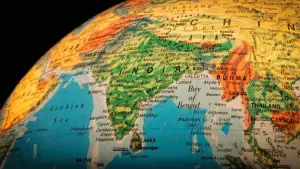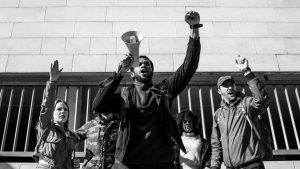Editorial Note:
This article about the social impacts of coronavirus on families in Nigeria is being published on behalf of Applied Worldwide’s student essay competition. Students were prompted to respond to the question, “Why is sociology important?” We have awarded 16 finalists from all over the world, and published these essays over the course of several weeks.
This essay was written by Sadiq Yahaya, a student at Gombe State University in Nigeria. This essay received a first place award. We had a really great turnout and would like to thank everyone who submitted an essay. We received a wide variety of creative interpretations and responses, so browse our essay directory!
The Social Impacts of Coronavirus on Families in Nigeria written by Sadiq Yahaya
As a world health crisis, the coronavirus pandemic attacks not only health, but social life more generally in a devastating manner. Almost all human endeavors are directly or indirectly affected by the novel virus economically, culturally, and socio-politically. Thus, this makes it extremely significant for sociologists to observe, review and identify the quantity and quality of such effects in different human social dimensions.
This will highlight the damaging extent of the impacts; showcase the possible interventions and measures to be taken during and after the crisis. It will also foreground the needful attention such dimensions require, and will create conscientiousness for the public, draw attention of the world authorities and help them have direction and luminance in reviving the human social institutions. Such significant function is exclusively that of a sociologist in a society.
Sociology and the Impacts of Coronavirus
The most pertinent aspect of sociology that always proves for me significant is not only sociology studies social relationships, how they build up smaller and greater institutions/systems, but also how they respond to social changes. The coronavirus pandemic has devastated thee social being of people and garnered changes in the human social relations. And in order to contain the virus, societies have taken a lot of measures.
As part of the measures to contain the virus in Nigeria, Gombe State where I reside, the state government has ushered a total lockdown, and ban to schools, transportation and internal mobility, religious gatherings, and even markets (except a few that sell food items). These bans pushed people into their houses and have created a lot of social change in family settings due to the severe hardships caused by the virus. As an acute sociological observer, one of the great changes caused by the virus in families is socioeconomic and political behavior changes in relationships.
Families in Nigeria and the Impacts of Coronavirus
A lot of families underwent tension and depression because of the social change in function and responsibility in families caused by the virus. The father provides as the mother processes food and other disciplinary direction. But the lockdown has cost the husband his job and he is forced to stay home, and because of prior responsibility he thinks he has (that of provision alone), he refuses to help in the chores, and even in the discipline of children who no longer go to school.
He easily shouts at them and at their mother, which creates a blame game that results in domestic violence. From ten interviews I carried out, four families ended up in this violence that includes slapping the mother front of their kids due to the economic and lockdown depression. Three other families have issues dealing with verbal domestic violence.
Family is expected to be a fountain of compassion, love and happiness. And even during this coronavirus crisis where families are forced to come together, it is expected that love and compassion will increase due to the closeness, but because of mitigation measures adopted by authorities that deprived the poor man his source of income, the social setting of family completely changed.
The Story of Idris Sulaiman during Coronavirus
Idris Sulaiman is a commercial motorcycle rider in Jekada Fari, Gombe. His profession is to carry people from one place to another to get paid. He has two wives and seven children. As he goes out to work, some of his children also manage to go to a public school, while the wives take care of the house chores. The little social space, and the various social institutions they go to interact daily, can create among them passion, love and enthusiasm for one another when they all reunite at dawn. So, everyone in the family sustains their social function/responsibility.
However, the impact of COVID-19 in the family, almost stripped them all of their social functions, as the children no longer go to school, likewise the family providers do not go to work. This creates socioeconomic tension because Idris always depends on what he gets from his daily hustle with the motorcycle which is on loan. Idris told me,
The Social Impacts of Coronavirus on Idris Sulaiman
In the beginning I took it to be a rest for me, believing that the lockdown will not persist. But after some days, all I have began to end and there is no sign of taking of the ban. From there I began to have issues with my wives and the children as they continue to request from me, which they think I decline deliberately.
More on How Coronavirus Impacted Idris Sulaiman
Idris also informed me that his inability to afford little things for his family pains him more. And the anxiety almost let him to quarrel with his wives. He said, Yesterday my second wife Aisha, came and stood over me in bed. You Know, ah… it is Ramadan time for fasting. So, she has asked me for money to buy sugar for pap and I told her I didn’t have any. I asked her to do it without the sugar like it wasn’t necessary. She argued with me and complained that the children could not take it like that; she hissed and got away at the end.
SOS, she came and stood over me in bed, and forwarded to me the pap in an awkward disrespectful manner and calling me names something like I was lazy, common sugar I cannot get for my family. I got irritated, and I did not know when I rose in anger and smacked her down, But as I saw her crying, I completely did not like the whole thing.
Idris is a representative of many hidden families that undergo such kind of family crisis due to the pandemic. So many families find it difficult to cope with the impacts of the pandemic. Some even doubt the existence of the virus. In my locality I try to orient people on the reality of coronavirus, and the social impacts it has on families, altogether with the needful shifts, tolerance and measures to be taken.
Concluding Thoughts on Sociology and the Impacts of Coronavirus on Families in Nigeria
One significant thing that we can understand as sociologists is that, due to the lockdown, women are the most affected people because all the members of the family subsume home under their care. The responsibilities on women doubled and the expectation risen which cause depression as they do not get adequate resources and social awareness to move on the family. This imbalance leads to impatience, anger and domestic violence which can result in divorces.
Thus, families need to be oriented on the social impacts of the virus and the possible social changes inn relationships and responsibilities it can cause, and the applicable paradigm shift each member of the family should take so as to sustain compassion, enhance understanding and tolerance throughout the virus crisis. And such social conscientiousness is one of the great significances of sociology and sociologists in society.
For me, I have started and will continue to promote this social orientation through discussions, interviews and writing. Only through this we could practically demonstrate the importance of sociology in society.









